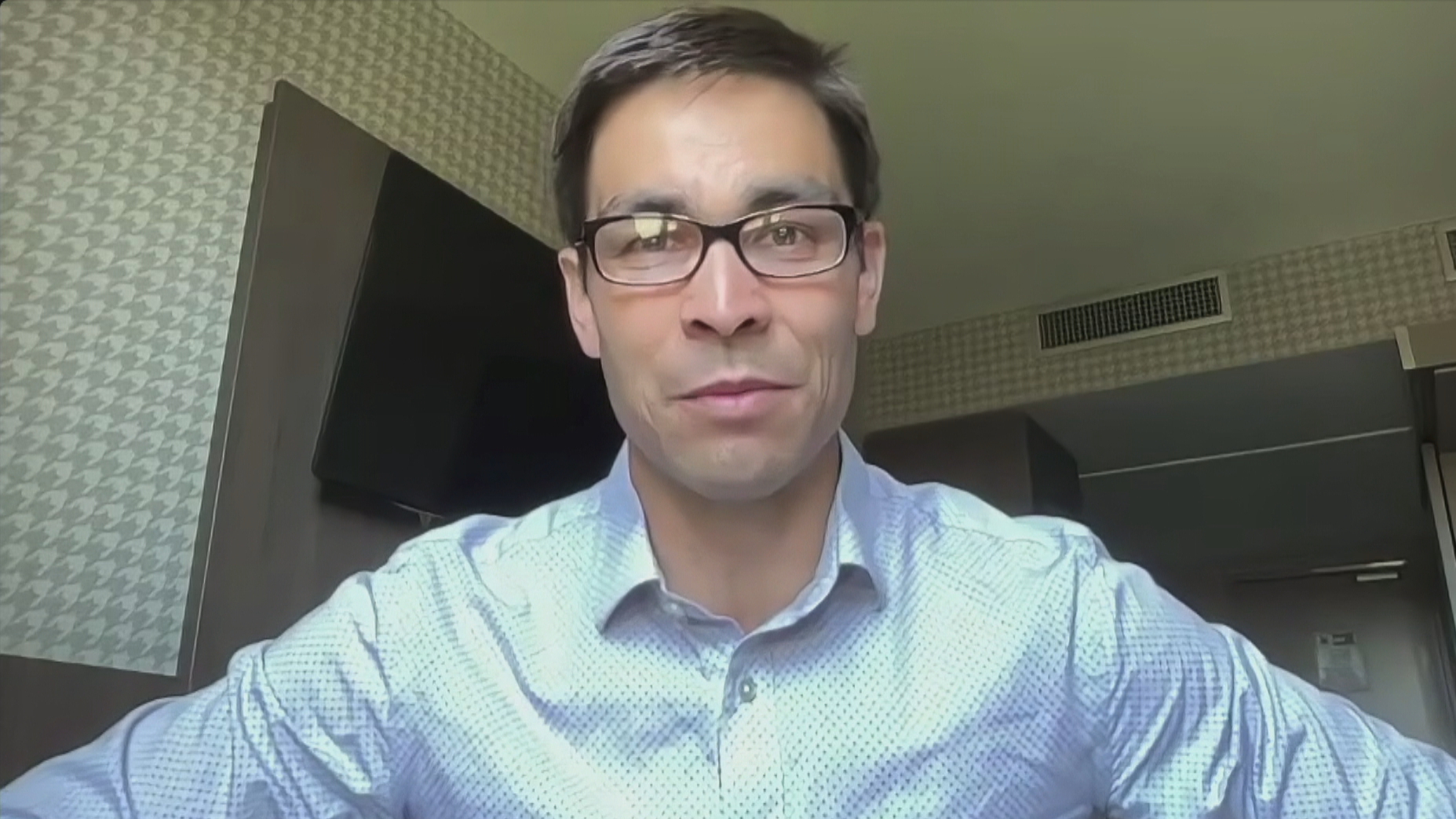Sask. is taking a smaller cut from growing potash profits, and this former minister is calling for change

A former NDP cabinet minister and mining executive hopes his new book will raise public awareness on what he says is the issue of tax fairness from potash companies.
“It’s a very important issue for the province, which will make a big difference in terms of the future of the province and whether we have more equality of opportunity, or what I see as a growing divide between people desperately living in poverty and people whose wealth is increasing,” said Eric Cline on CBC’s Blue Sky with Leisha Grebinski on Wednesday.
Cline is the author of a new book called Squandered: Canada’s Potash Legacy, which is about how the government has not made the most of the resource.
Saskatchewan is the number 1 potash producer on the planet, and it’s used mainly in the production of fertilizer — which is then used by farmers around the globe for better crop production.
Blue Sky51:05Should Saskatchewan people be getting a bigger cut of the billions of dollars in potash revenues?
Saskatchewan is the biggest producer of potash in the world and the companies make billions of dollars. Our guests today say Saskatchewan needs to change it’s resources royalty system to take a bigger cut of these profits so we can pay for things like health care and education. We were joined by former NDP cabinet minister and author Eric Cline about his new book Squandered: Canada’s Potash Legacy, as well as economists Jack Mintz and Erin Weir.
The flat terrain of the province makes access to mining the mineral much easier than in other regions like Alberta, which has a more rocky geographic makeup, according to Cline.
He argues what the Saskatchewan government and people are getting out of the windfall profits from potash companies would “shock” people.
“The tax and royalties we will receive for 2023 are … $730 million, which a year ago was estimated to be $1.3 billion,” said Cline.
“That $730 million is on $9 billion of revenue to the company.”
Cline said in 2015 companies paid more on revenue — about 12 per cent — of $6 billion, and about the same amount on $5.7 billion in 2018, but in 2023 with up to $9 billion, companies paid only eight per cent.
“I think most people understand that as your income goes up, you pay more tax on the additional dollars you make. But with the potash companies, as their income has been going up on higher prices, and most of it is windfall profits, we’re actually taking a lower percentage from them and nobody else gets that deal,” said Cline.
Companies could jump ship: Sask. Party MLA
During budget debate at the legislature on March 25, Saskatchewan Party MLA Warren Kaeding took aim at when the NDP nationalized the potash industry in the 1970s.
The NDP purchased five mines and created the Potash Corporation of Saskatchewan (PCS) as a Crown corporation in 1975, but it was ultimately privatized and sold off in 1989 by the Grant Devine-led Progressive Conservative Party government. It later merged with Agrium to form Nutrien.
“When the NDP nationalized the potash industry in this province in the ’70s, capital investment stopped,” said Kaeding.
“It wasn’t till our government was firmly in place before capital flowed back into the Saskatchewan economy.”

Kaeding added that two of the main potash companies — Nutrien and Mosaic — could jump ship if taxes are increased on revenues. He pointed to other countries that are major potash producers as possible landing spots like Russia, China and Belarus.
“Stable, predictable royalty and taxation structure” is what keeps the potash companies in the province, according to Kaeding.
“I know a shiver went down the spines of our potash partners when Eric Cline and Erin Weir started suggesting that maybe we need to charge more royalties.”
But economist and former NDP MP Erin Weir told Blue Sky that it would be unlikely for companies to pick up and leave.
Weir said Russia and Belarus’ sanctions make them unattractive places to build new mines in, plus Belarus’ government owns their potash industry — meaning they might not be open for business from Western companies.
Jack Mintz, another economist and resource royalty expert from the University of Calgary, weighed in to say while the taxation system is a “poorly designed” for companies in the province, he cautioned against raising taxes too high.
“If you’re going to end up making investment less attractive, that could be a problem,” said Mintz
“If you look at something like BHP, they could take their money and they can invest in any type of mining around the world, they don’t have to go into potash.”
Mintz recommends taking a different approach with royalties, similar to Alberta’s system with the oilsands — where projects reach a point of maturity and revenues have made up for all their massive startup costs.
At that point, known as “payout,” oilsands companies pay much higher royalty rates per barrel.
Cline contends that with current stresses on the education system and the mounting homelessness crisis, “we should be looking to the wealthiest corporations to pay more.”

;Resize=(620))
;Resize=(620))
;Resize=(620))